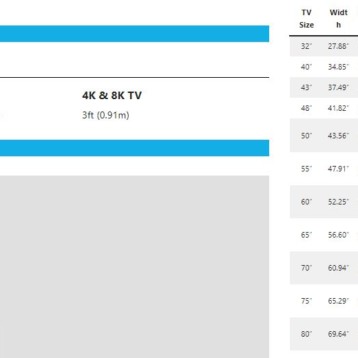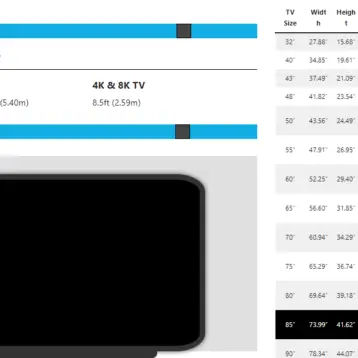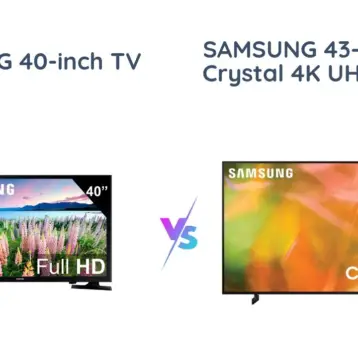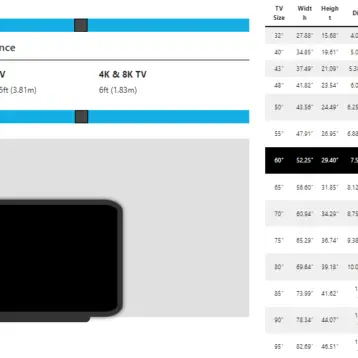A smartwatch is a wearable technology that informs you about your daily fitness activities. Some models track your heart rate and movement and provide detailed health metrics. Others are able to detect certain activities automatically and ask if you’d like to track them. If you answer “yes,” the watch will begin tracking your activity. It may also add data from the few minutes before you asked to begin.

Smartwatches are a type of wearable technology
Wearable technology such as smart watches for men can assist you in tracking your fitness activities and facilitating self-monitoring. In the past decade, the use of these devices has skyrocketed. By the first quarter of 2020, shipments of these devices reached 72.6 million units. This growth is expected to continue into the future. According to the market research company IDC, wearable devices increased by 29.7% year-over-year in the first quarter of 2020. Some of the leading manufacturers of wearable devices include Samsung, Apple, Huawei, and Xiaomi.
According to a recent survey by Pew Research Center, nearly one-in-five American adults regularly wear a smartwatch or other fitness tracker.
They monitor heart rate
Heart rate monitoring technology is an important feature that will help you monitor your health and fitness activities. With the right device, you can keep track of your resting and active heart rates and track your daily steps and calories burned. Heart rate monitors can also help you determine the intensity of your exercise routines to avoid over-training.
There are many smartwatches available today that can help you keep track of your heart rate. You can find one to suit your style and your budget. Consider what features you’ll need in a device and read user reviews to make an informed decision. Some even have features that are designed for people with heart and lung conditions. For more accurate heart rate readings, you can purchase a chest monitor and strap it around your chest. Even if you don’t exercise regularly, your resting heart rate is a good indication of your overall health and physical fitness level.
They track movement
If you’re concerned about how much exercise you get each day, smartwatches can be an invaluable aid in meeting your fitness goals. Wearables like smartwatches can help you keep track of your daily exercise and other fitness activities, and some models can even track your heart rate. They share this data with companion health applications.
Some smartwatches are designed for specific types of fitness. For instance, a fitness tracker that counts steps can be useful for casual runners, walkers, and bikers. A GPS watch, however, is better for serious runners or cyclists. Other fitness trackers can sync music, podcasts, and audiobooks, which can help you stay motivated during exercise.
They provide detailed health metrics
Wearables such as Kore 2.0 smartwatches have become increasingly popular. These gadgets are a great way to stay informed about your health, even between doctor’s appointments. Most models contain a touchscreen and provide detailed health metrics. Most models also offer notifications and text messaging. Some devices offer advanced GPS tracking capabilities.
They’re becoming more sophisticated
Many smartwatches have GPS sensors that allow them to plot your walking or running routes. They are also helpful for tracking your safety during a jog. Previously, it was nearly impossible to keep track of your heart rate, pace, and cardio expenditure while exercising, but now you can. Smartwatches also let you monitor your sleep and monitor your heart rate during sleep.
There are many types of smartwatches available, so it’s important to find one that works for you. The Fitbit Surge is an example of a smartwatch that can keep track of your running metrics. It will tell you your speed, distance, and elevation. Some also support chest heart rate monitors, which can be beneficial for die-hard athletes or those with certain conditions.










